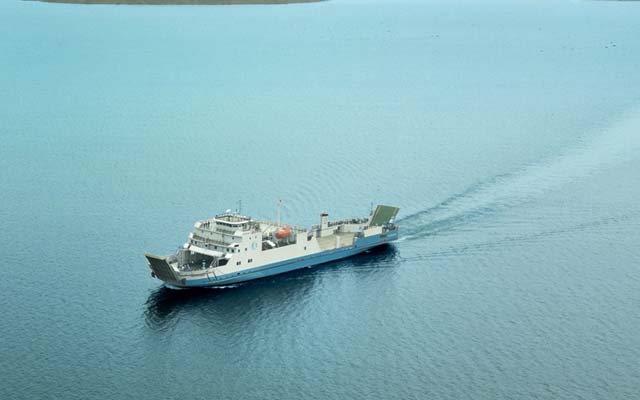East Africa Marine Transport (EAMT) of Uganda has moved towards creating a more sustainable and efficient logistics solution for Lake Victoria with the commissioning of the ‘Mpungu’, the lake’s first scheduled ro-rovfreight vessel.
Offering faster and safer crossings and reduced carbon emissions, the fuel-efficient vessel is hoped to transform regional trade by cutting journey times from days to hours and supporting the decarbonisation of the region’s transport sector.
Owned by EAMT and operated by Grindrod Logistics Africa – Uganda (GLAU), the Mpungu provides a greener, safer alternative to congested road freight. Built in Uganda, the project secured accreditation from FAST Infra, an industry-led system that measures and recognises sustainable infrastructure assets. The cUS$ 20m project was made possible through funding from the Private Infrastructure Development Group (PIDG) through its project development specialist, InfraCo, and Grindrod.
The Mpungu reduces transport times across Lake Victoria to 18h, compared to the current three-to-four-day road journey. It has capacity to carry up to 21 fully laden freight vehicles.
Built to international standards by Seco Marine, an Alpha Group company, at its purpose-built shipyard in Entebbe, Uganda, the vessel has benefited from the expertise of Danish company OSK Design and S&O Maritime, India, alongside grant funding from the EU Africa Infrastructure Trust Fund (EU-AITF).
The 96m long vessel undertakes at least two scheduled crossings per week between Port Bell, Uganda, and the port at Mwanza, Tanzania. EAMT plans to scale its operations further, with additional sailings and future routes, including potential for connections to Kenya. Discussions are underway on the use of alternative fuels to further reduce emissions.
Image: Ro-ro ship ‘Mpungu’ provides a sustainable alternative to road transport in Ugands (credit: Private Infrastructure Development Group)



